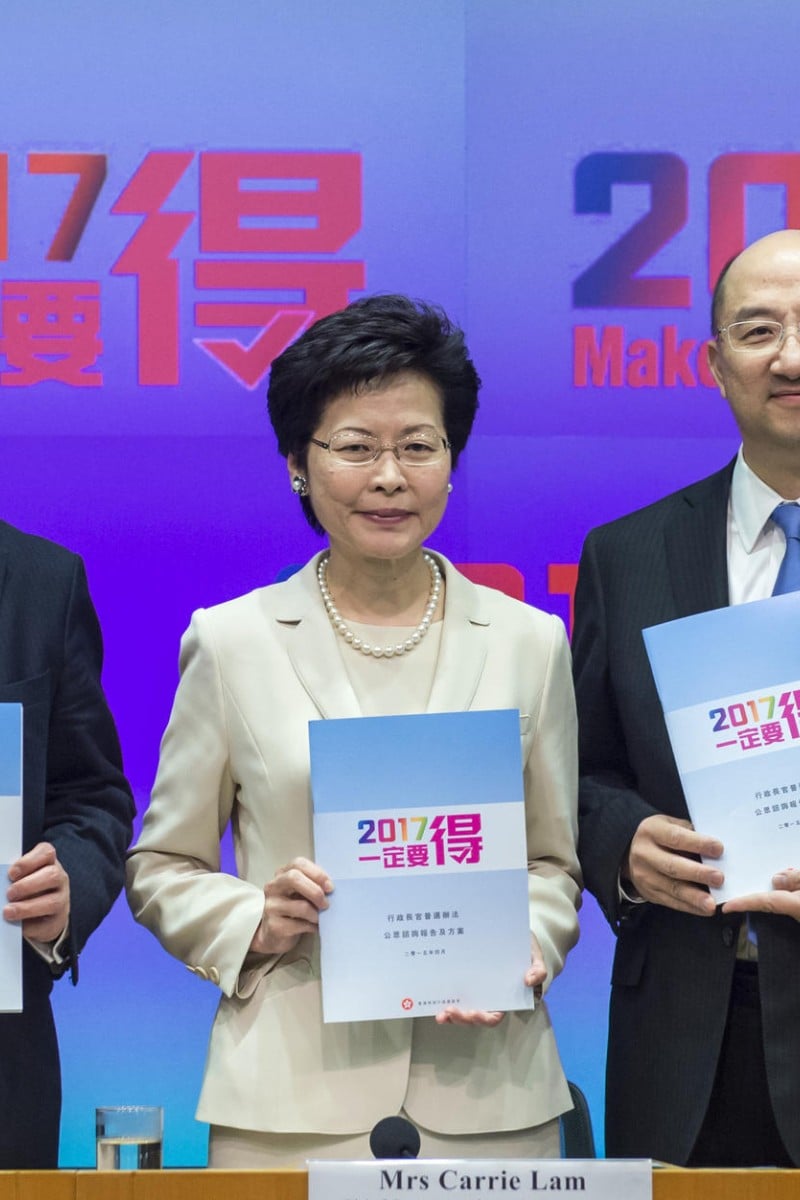
Save your votes until they actually count for something
Published:
By Bianca Chan, Maryknoll Convent School
Listen to this article
By Bianca Chan, Maryknoll Convent School
|
Published:
Sign up for the YP Teachers Newsletter
Get updates for teachers sent directly to your inbox
By registering, you agree to our T&C and Privacy Policy
Sign up for YP Weekly
Get updates sent directly to your inbox
By registering, you agree to our T&C and Privacy Policy